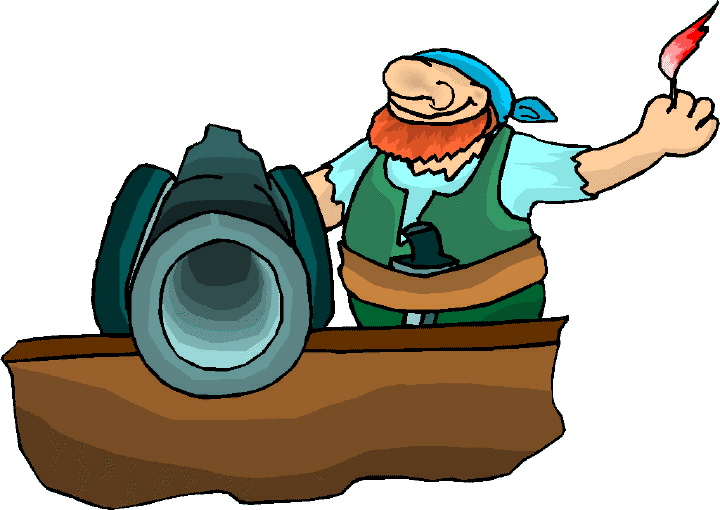 Pirates and Privateers Pirates and Privateers
The History of Maritime
Piracy
Cindy Vallar, Editor
& Reviewer
P.O. Box 425,
Keller, TX 76244-0425
    
Books for
Adults ~ Ships & Sailing

America’s Privateer:
Privateer Lynx and the War of 1812
by J. Dennis Robinson
Lynx Educational Foundation, 2011, ISBN
978-0-7868-8644-7, US $34.95
    
Often
forgotten, the War of 1812 plays an important role
in America’s history. Not because of who wins or
loses – the peace treaty returns relations and
boundaries to the status quo prior to the conflict –
but because England finally acknowledges that her
former colony has the right to remain free and earns
her seamen, whether naval or merchant, respect in
the eyes of the Royal Navy. America’s Privateer
tells a part of that tale from the perspective of
the intrepid privateers, who help defend their
fledgling country. This book is also about Woodson
K. Woods’s dream to rebuild one of these rakish
privateer-built schooners and to carry forth the
legacy of our nation’s maritime history.
Lynx isn’t an exact reproduction of her
predecessor, but she is only one of two Baltimore
privateers that sail the oceans today. (The other is
Pride of Baltimore II.) She is modeled after
the first Lynx, built by Thomas Kemp, one of
the noted shipwrights of Fells Point, who “‘pushed
the envelope’ to gain maximum speed.” (xi)
Unfortunately, the British capture the original
privateer in 1813. The shortfalls of these vessels,
lessons learned from the loss of the first Pride
of Baltimore, and today’s Coast Guard
regulations guide the design and building of the
modern Lynx.
The ten chapters in this book cover the following:
1. “Unfurling
the Forgotten War” summarizes the causes of the
war, the war itself, the endemic icons still
associated with the conflict, and the people.
2. “Pirates or
Patriots?” focuses on the privateers, who and what
they are, what distinguishea them from pirates,
and what people think of them.
3. “Re-Imagining
Lynx” begins with Woods’s inspiration for
building a ship, how he decides on a Baltimore
privateer, his background, Melbourne Smith and how
he designs her, and how her name comes about.
4. “The
Baltimore Privateers” examines the original
privateers from Baltimore, a daring captain named
Thomas Boyle, and shipwright Thomas Kemp.
5. “Building a
Dream” discusses how Woods’s vision becomes a
reality, Rockport Marine where she is built, and
those who work to craft her.
6. “The Spoils
of War” looks at the first two schooners to bear
the name of Lynx, how the British capture
the privateer, and what happens to her and her
crew.
7. “Launching Lynx”
recaps her launch in 2001, problems encountered,
and the re-enactors who help celebrate her
rebirth.
8. “Ready to
Serve” is about Lynx’s current mission to
“tell tales of America’s defense of freedom” and
her home ports. (111)
9. “A Sailor’s
Life for Me” covers what it’s like to live and
work aboard Lynx and how her crew teaches
students about life on a 19th-century schooner.
10. “Making
History Matter” summarizes her journeys, her
participation in recreations, and the ways in
which she brings the past to life so we don’t
forget our past.
Gorgeous photographs show
Lynx being built, at the dock, and at sea.
The opening picture for the preface shows her deck
awash in rough seas. Maps, pictures, artifacts,
plans and specs, and flags flown also document the
war, the privateers, and Lynx. The book
includes a Selected Bibliography, Author’s Notes,
and an index.
This is an engrossing meld of history and modern day
that is inspirational. Robinson knows little about
the War of 1812 and privateers before he begins this
book, but his research and interviews provide
readers with a worthwhile overview that any reader
will understand. The illustrations are informational
and awesome, and enrich the narrative and the
reading experience. Anyone interested in the heyday
of the privateers, Baltimore shipbuilding, and the
War of 1812 should read this book. You’ll savor the
journey long after the voyage ends.
Review Copyright ©2012 Cindy Vallar

Click to contact me
Background image compliments
of Anke's Graphics |

